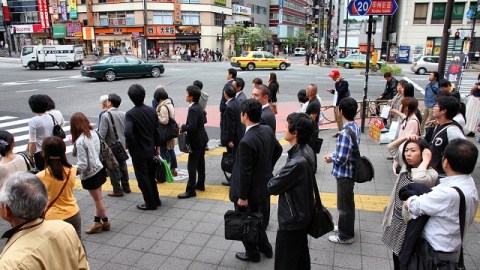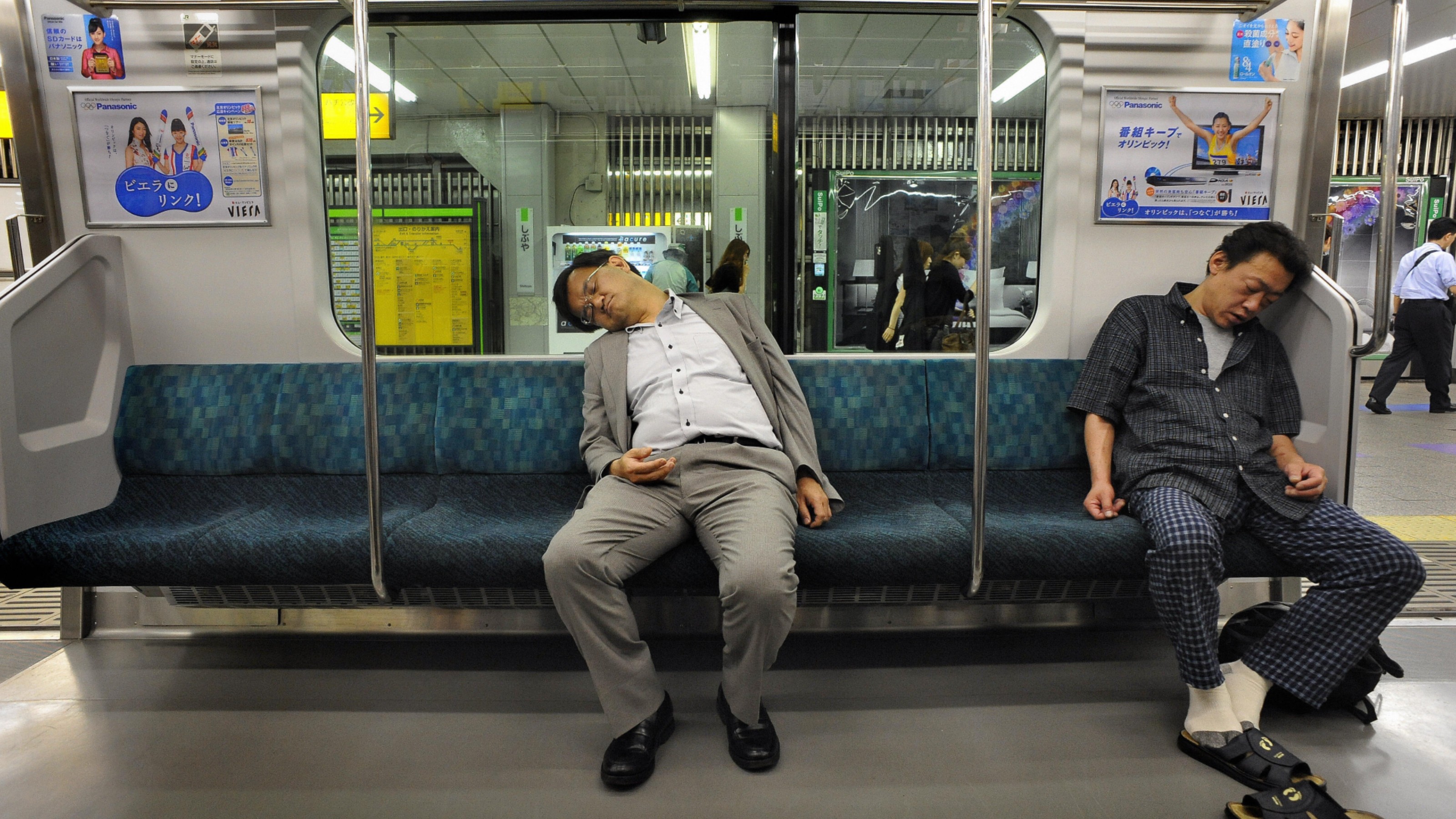Combined Efforts Help With Drop In Japan’s Suicide Rate

What’s the Latest Development?
In Japan, which has one of the highest rates of suicide in the world, and where it is one of the leading causes of death among men, the news that the number of deaths dropped below 30,000 last year — for the first time in 15 years — was cause for celebration among groups ranging from civic groups to activists to medical experts. Their attempts to pressure the government into addressing the issue have resulted in $113 billion in subsidies used to create and bolster resources and increase awareness.
What’s the Big Idea?
Many attribute the years of high suicide rates to Japan’s prolonged economic crisis along with cultural attitudes about respectability and “saving face.” In Akita prefecture, Hisao Sato — who himself contemplated suicide after one of his businesses went under in 2000, and experienced the loss of a close acquaintance through suicide in 2001 — created a nonprofit organization in 2002 to help business owners struggling with negative thoughts. Akita still has the highest suicide rate in Japan, but the number has dropped nearly 70 percent from 10 years ago, according to local police.
Read it at The Christian Science Monitor





